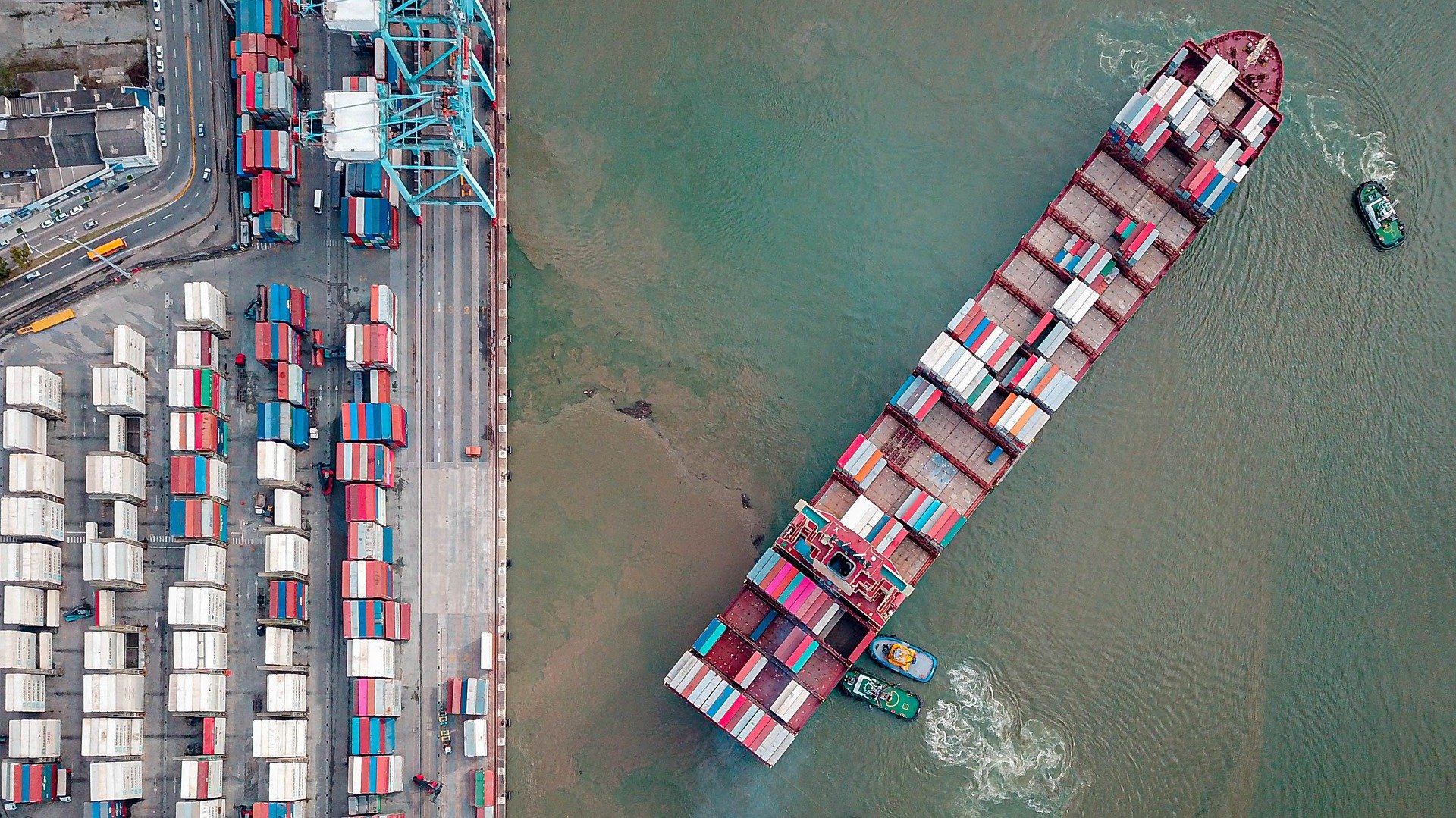Kent Business School has been awarded £180k funding to work on a project with The Port of Dover and other academic and industrial partners within the Green Corridor at Short Straits (GCSS) consortium to become the UK’s first high-volume Green Shipping Corridor.
The Port of Dover is the closest UK port to mainland Europe; it facilitates up to 120 ferry movements per day – carrying up to 11 million passengers, 2.1 million cars and 2.4 million trucks annually. The Port is responsible for handling £144 billion of trade (33% of all UK-EU trade). Greening this element of the supply chain will make progress in decarbonising the journey of the UK’s trade – and paves the way for other ports to follow.
This project, led by Dr Ramin Raeesi, brings together the consortium from the Dover Clean Ferry Power Project which was led by Dr Raeesi at Kent Business School alongside Warwick Manufacturing Group, P&O Ferries and Schneider Electric, with additional partners for the second round including; DFDS, Irish Ferries, Ikigai Capital, JG Maritime Solutions, SSE and ABB. AS part of the Clean Maritime Demonstration Competition, the project is funded by the Department for Transport and delivered in partnership with Innovate UK.
The GCSS consortium focuses on the route between the Port of Dover and the Ports of Calais and Dunkirk and will support the transition to green crossings to and from the UK, making way for zero-emission vessels, leisure crafts and workboats in the future.
Dr Ramin Raeesi said: “This project will study the feasibility of establishing a Green Corridor at Short Straits by identifying the full value chain and analysing all viable energy pathway options including hydrogen, electricity, synthetic fuels, ammonia and LNG for marine and landside port and customer vessels/vehicles.
“It will also identify relevant regulation and policy gaps and will produce a Green Corridor business case and a detailed delivery plan. This will not only support Port of Dover’s ambitions for decarbonisation, but will also ensures the all members and stakeholders across the corridor’s value chain are aboard with this ambition.
“The work will support the UK’s commitment to the Clydebank Declaration, which was agreed at COP 26, and ultimately help meet the zero emission shipping ambitions of the UK’s ‘Clean Maritime Plan’, envisaging the UK as a global leader in clean shipping by 2050.”
Port of Dover’s Chief Commercial Officer, Christian Pryce, said: “The Port of Dover is leading the way on Port decarbonisation, and more broadly, on recognising the role we will play in the decarbonisation of the UK supply chain. We are embracing the critical role and responsibility that the Port of Dover has, and recognise complexity of the journey we are undertaking, together. With sailings every 36 minutes the port supports just-in-time supply chains across the nation, being the key entry and exit point for over 2m HGVs and equivalent tourist vehicles to the UK Strategic Road Network. We can adapt to a diverse traffic profile and the flexibility, capacity and resilience of the route are unmatched in the UK, making us, and our French sister ports, the prime option for the first Green Shipping Corridor.
In 2022, Dover has moved up a gear in our sustainable ambitions – announcing our ambitious sustainability strategy in May, the Port intends to reach net-zero (direct emissions and our purchased energy) by 2025 and reaching net-zero (indirect emissions caused by our activity) by 2030. This week’s announcement solidifies our position as the vanguard of UK port decarbonisation.”
The Green Corridor at Short Straits (GCSS): feasibility study into establishing a Green Corridor between Port of Dover and the Ports of Calais and Dunkirk is part of the Clean Maritime Demonstration Competition, funded by the Department for Transport and delivered in partnership with Innovate UK.
Announced in May 2022, and part of the Prime Minister’s Ten Point Plan to position the UK at the forefront of green shipbuilding and maritime technology, the Clean Maritime Demonstration Competition is a £12m investment from government alongside a further c.£6m from industry to reduce emissions from the maritime sector.
The programme is supporting 31 projects across the UK, including projects in Scotland, Northern Ireland and from the South West to the North East of England. As set out in the Clean Maritime Plan (2019), Government funding has been used to support early stage research relating to clean maritime. The programme will be used to support the research, design and development of zero emission technology and infrastructure solutions for maritime and to accelerate decarbonisation in the sector.


